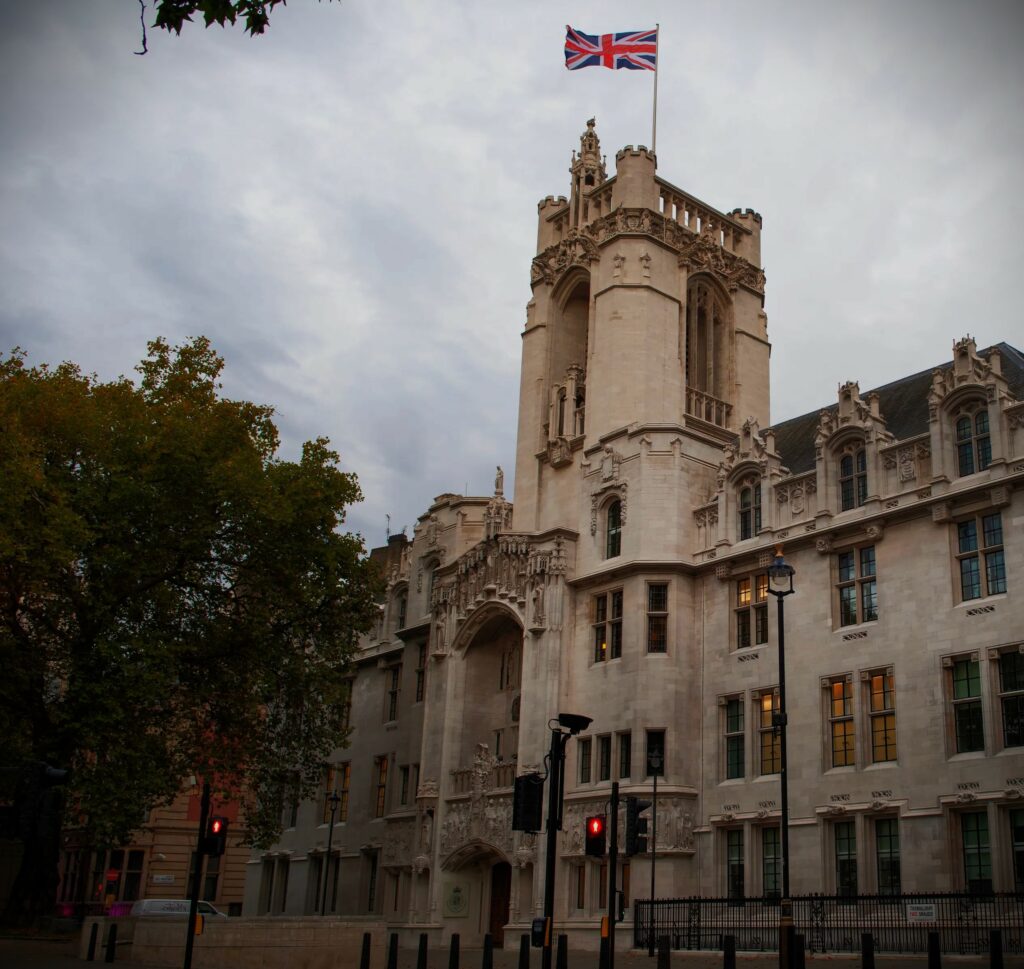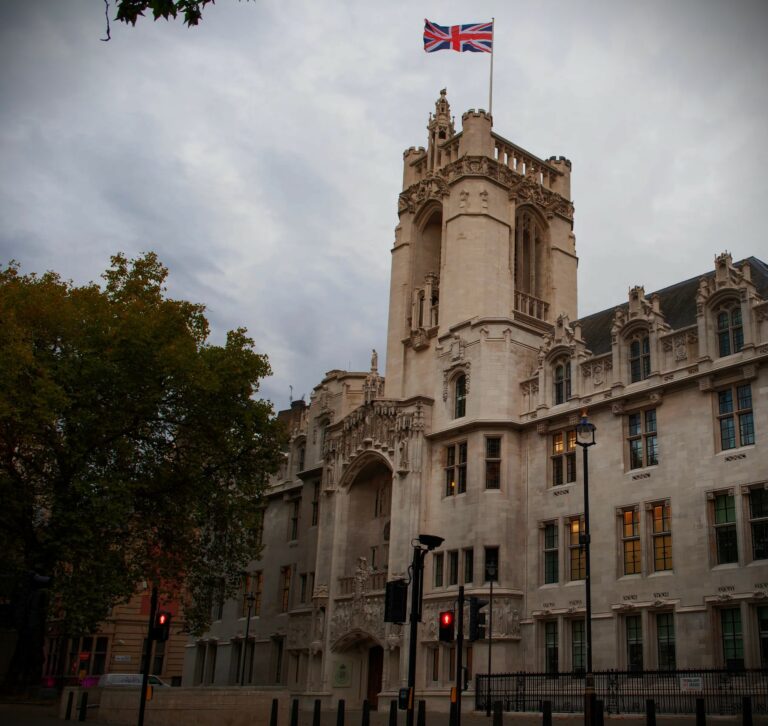
In a landmark ruling that has stirred nationwide debate and drawn international attention, the UK Supreme Court has determined that the term “woman,” as interpreted under the Equality Act 2010, refers exclusively to individuals who are biologically female. The decision excludes transgender women—even those holding a Gender Recognition Certificate (GRC)—from the legal definition of “woman” in specific contexts governed by the Act.
A Historic Judgment
The unanimous verdict, handed down on April 16, was the culmination of a legal battle initiated by the advocacy group For Women Scotland. The group had challenged Scottish Government guidance related to the Gender Representation on Public Boards (Scotland) Act 2018, arguing that extending the term “woman” to include trans women undermined sex-based protections enshrined in law.
The Supreme Court sided with the appellants, ruling that while transgender individuals are protected from discrimination under the category of “gender reassignment,” this does not entitle them to be legally recognized as women in contexts where the law explicitly refers to biological sex.
“The concept of sex in the Equality Act is grounded in biology,” wrote Lord Reed, President of the Supreme Court. “Parliament’s intention was to provide clear and distinct protections for people based on their sex, and separately, based on their gender identity or reassignment.”
Ripple Effects Across UK Law and Policy
The court’s decision is expected to have far-reaching consequences, particularly in the operation of single-sex spaces and services—such as domestic violence shelters, women’s prisons, changing rooms, and certain sporting categories—where legal clarity has long been contested.
Organizations that provide such services can now lawfully reserve access exclusively for biological females, even if that means excluding trans women with legal documentation of their affirmed gender.
This interpretation may also impact how public boards, workplaces, and institutions address gender representation requirements, potentially reversing gains made under more inclusive interpretations of the law.
Reactions from Across the Spectrum
The ruling has sparked a wave of responses from legal experts, activists, and policymakers.
Supporters of the decision, including some feminist advocacy groups, hailed it as a necessary correction that reinforces the integrity of sex-based rights. “This ruling restores legal clarity,” said Susan Hill, spokesperson for For Women Scotland. “Recognizing sex as a distinct category is vital for protecting women’s rights.”
Conversely, LGBTQ+ organizations and human rights advocates have condemned the judgment as a setback for transgender equality. Stonewall UK, the leading LGBTQ+ charity, described the outcome as “deeply disappointing and out of step with modern understandings of gender.”
“Trans women are women,” said Stonewall CEO Nancy Kelley. “Legal recognition should not come with an asterisk. This decision chips away at the dignity and rights of an already marginalized group.”
Amnesty International echoed these concerns, warning that narrowing the definition of “woman” could lead to discriminatory practices and encourage further legal erosion of trans rights in the UK and abroad.
Broader Context
The UK ruling comes amid an ongoing global debate over the legal recognition of gender identity. Countries across Europe and North America are grappling with similar questions about how to balance rights based on sex with those based on gender identity.
In recent years, several nations, including Hungary and some U.S. states, have introduced or enacted legislation defining sex strictly in biological terms, rolling back previous advances in transgender recognition.
The UK’s Supreme Court decision may now serve as a legal reference point for policymakers and courts in other jurisdictions considering similar issues.
The Road Ahead
While the ruling brings legal clarity to one of the most contested elements of the Equality Act, it leaves open deeper societal and ethical questions about how the UK will navigate the rights of transgender people in the future.
Legal scholars anticipate potential calls for legislative reform to more explicitly define key terms like “sex” and “gender” in future equality legislation. Some MPs have already indicated a willingness to revisit the Equality Act to ensure it remains inclusive while maintaining clear protections.
In the meantime, the ruling stands as a defining moment in the UK’s legal and cultural landscape—one that underscores the continuing tension between competing visions of rights, identity, and equality in the 21st century.



